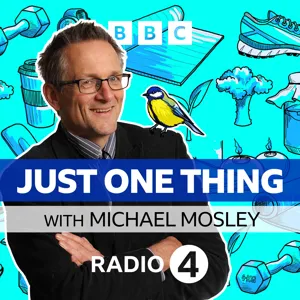Swap Out Sugar

Cutting back on free sugars can not only do wonders for your waistline and your oral hygiene, surprising research shows it could also improve your memory and help your brain. But it can be hard to resist those sugar cravings! In this episode, Michael Mosley is joined by Dr Evelyn Medawar from the Max Planck Institute for Human Cognitive and Brain Sciences, who has been studying the effects of our gut microbiome on our eating preferences, and reveals a potential tip to help crack sugar cravings. The secret lies in dietary fibre, like that found in fruit. So, trade your sweet treats for fruit and learn how this healthy switch can transform your brain, biome and your life.


